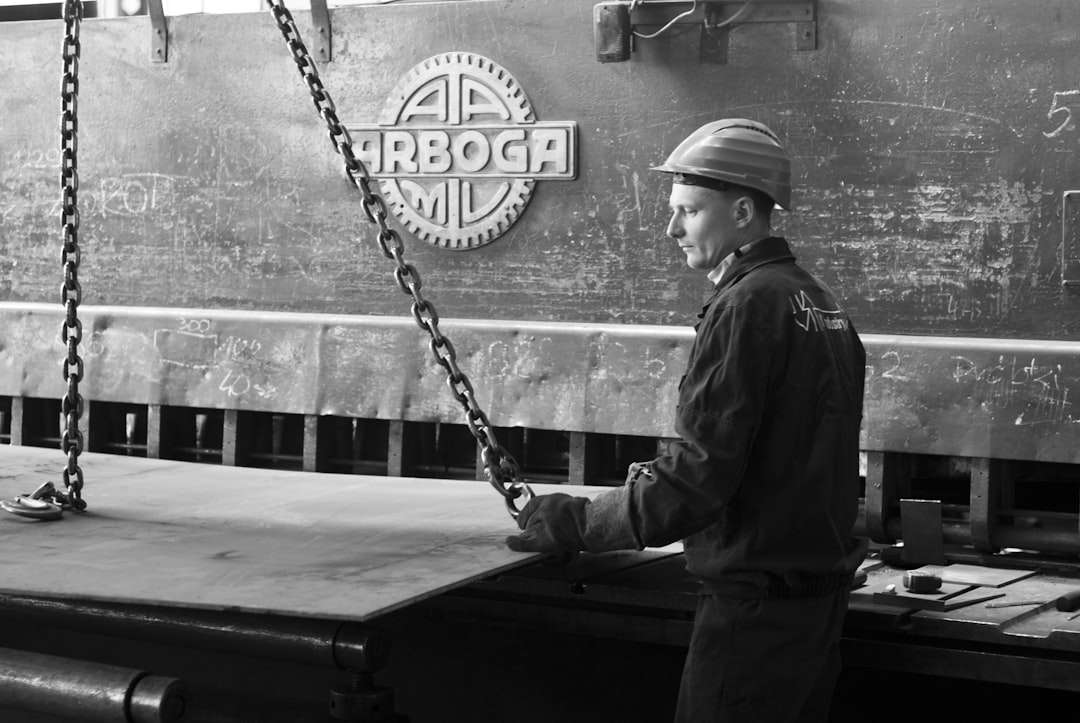Selecting the right steel supplier is crucial for any manufacturing business. The quality of your steel directly impacts the quality of your final product, your production timelines, and ultimately, your bottom line. This comprehensive guide will walk you through the key factors to consider when evaluating potential steel suppliers, ensuring you forge a strong and reliable partnership.
1. Assessing Steel Quality and Certifications
The foundation of any successful steel procurement strategy is ensuring consistent, high-quality steel. Don’t just rely on claims; delve deep into the supplier’s quality control processes. Request detailed information about their testing methodologies, including the frequency and types of tests conducted (e.g., tensile strength, yield strength, chemical composition analysis). Look for evidence of adherence to industry standards and certifications. ISO 9001 certification is a good starting point, demonstrating a commitment to quality management systems. Depending on your industry and specific requirements, you might also look for certifications related to specific steel grades or applications, such as those from ASTM International or other relevant bodies. Request copies of their quality control reports and mill test certificates (MTCs) to verify the quality of previous batches. A thorough understanding of their quality assurance procedures will give you confidence in the consistency of the steel they supply.
2. Evaluating Supplier Reliability and Delivery Performance
Consistent delivery is as critical as steel quality. Delays can disrupt production schedules, leading to lost revenue and potentially damaged customer relationships. When evaluating suppliers, investigate their track record for on-time delivery. Request references and contact previous clients to inquire about their experiences with the supplier’s reliability. Analyze their logistics capabilities – do they have their own transportation network or rely on third-party logistics? Understanding their supply chain management processes, including inventory management and order fulfillment, will provide valuable insights into their potential to meet your delivery expectations. Inquire about their contingency plans for unforeseen circumstances, such as natural disasters or supply chain disruptions. A supplier with a robust and well-managed logistics system is a valuable asset.
3. Understanding Pricing and Payment Terms
Steel prices can fluctuate significantly, impacting your overall project costs. Don’t solely focus on the initial price quote. Negotiate clear and transparent pricing structures that account for potential price variations. Understand their pricing models – are they based on volume discounts, long-term contracts, or market-based pricing? Inquire about payment terms and explore options for flexible payment schedules. A reputable supplier will be transparent about their pricing and offer competitive terms. Compare quotes from multiple suppliers, ensuring you’re comparing apples to apples, considering factors like delivery costs, quality certifications, and payment terms. Don’t always choose the cheapest option; a slightly higher price might be justified by superior quality and reliability.
4. Assessing the Supplier’s Technological Capabilities and Innovation
The steel industry is constantly evolving, with advancements in manufacturing processes and new steel grades being developed regularly. A forward-thinking supplier will invest in the latest technologies and stay abreast of industry trends. Inquire about their manufacturing capabilities and technological advancements. Do they employ cutting-edge processes that enhance steel quality and efficiency? Do they offer specialized steel grades or custom solutions tailored to your specific needs? A supplier’s commitment to innovation can translate into better quality steel, improved efficiency, and access to cutting-edge materials. This is particularly important if you’re working on innovative projects or require specialized steel grades.
5. Building a Long-Term Partnership: Beyond the Transaction
Finding a reliable steel supplier is about more than just a single transaction; it’s about building a long-term partnership. A strong relationship with your supplier can lead to greater efficiency, improved communication, and better pricing. Consider factors like communication responsiveness, problem-solving capabilities, and their overall commitment to customer service. Do they offer technical support and assistance? Are they proactive in addressing any concerns or issues that may arise? Building a strong relationship based on trust and mutual respect will ensure a smooth and successful collaboration for years to come. Regular communication and open dialogue are essential for maintaining a healthy partnership.
By carefully considering these five key aspects, you can significantly improve your chances of selecting a steel supplier that meets your needs and contributes to the success of your business. Remember that thorough due diligence and a proactive approach are essential for establishing a strong and reliable partnership in the long run.
SEO Tags: steel supplier evaluation, steel quality control, steel delivery reliability, steel pricing strategies, long-term steel partnerships




